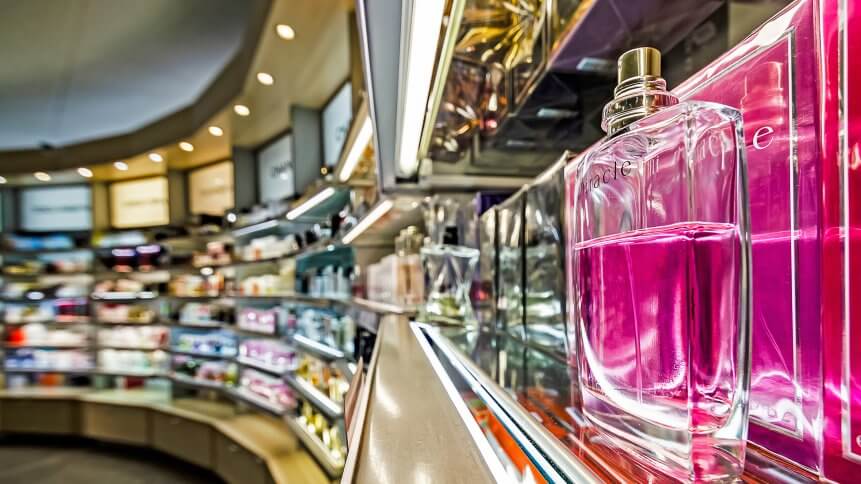Fragrance design with a hint of tech is an effective formula

The market for beauty products, including skincare, cosmetics, and other essentials, made a breakthrough with the rise of Hollywood movies and celebrities. Meanwhile, the emergence of American glamour and beauty standards drove the sales of beauty products marketed towards women. However, it is the invention of plastic that serves as a catalyst that leads the industry to explode.
READ NEXT

Sustainability sells in retail today
Fast forward to the present day, the global cosmetic industry produces over 120 billion units of packaging, contributing to the destruction of 18 million acres of forest annually, based on Zero Waste Week.
Refusing to hide behind the ugly truth, brands such as UK-based Lush and The Body Shop are addressing sustainability issues by redesigning their products and exploring alternative methods of packaging.
At the same time, consumers are increasingly conscious of their ecological footprint and gearing towards more sustainable brands. Global brands across the beauty industry are picking up the trend and turning towards technology in a bid to embrace sustainability and zero-waste culture.
Firmenich, the Swiss fragrance giant, recently launched its five-step design process, “CreateForGood,” which places brand purpose and conscious consumer engagement at the forefront of early-stage development.
To turn up a notch, the company is turning to tech to meet the ever-evolving consumer needs. Juliette Sicot-Crevet of Firmenich noted that the landscape of consumerism affects fragrance design and companies may turn to data for insights to be in-line with olfactory needs, customer preferences, and current trends of sustainability.
Sicot-Crevet told CosmesticsDesign-Europe, “We are in a position of being able to have much more data and also leverage the data we’ve gathered over the years. And now we have all the algorithms and artificial intelligence (AI), this is giving us a lot of power in order to augment the power of our perfumers.”
YOU MIGHT LIKE

Can blockchain serve sustainability-focused brands?
That is not to say robots will replace perfumers, instead, fragrance companies will leverage data to stay attuned to the needs of conscious consumers.
The development of personalized and sustainable fragrances are now possible due to the adoption of big data and AI systems that yield valuable insights. To elaborate, Firmenich launched EcoScent Compass — a tool that measures an ingredient’s natural and sustainable properties, together with lifecycle analysis and social data — to significantly assist the perfume-making process.
In the same vein, Japan’s Kao Corporation utilized predictive methods backed with a wealth of data to streamline research in fragrance and consumer products.
Makiko Takahashi of Kao Corporation believes the advancement of technologies opens up new pathways for perfumers to design and experiment with unique scents while minimizing the wastage of precious ingredients.
Essentially, the adoption of technology in the beauty industry is presenting many exciting opportunities for brands embracing sustainability and upholding their purpose to reduce ecological damage to the environment.








